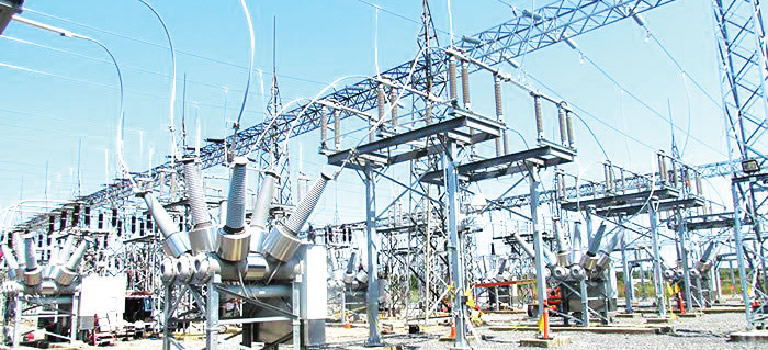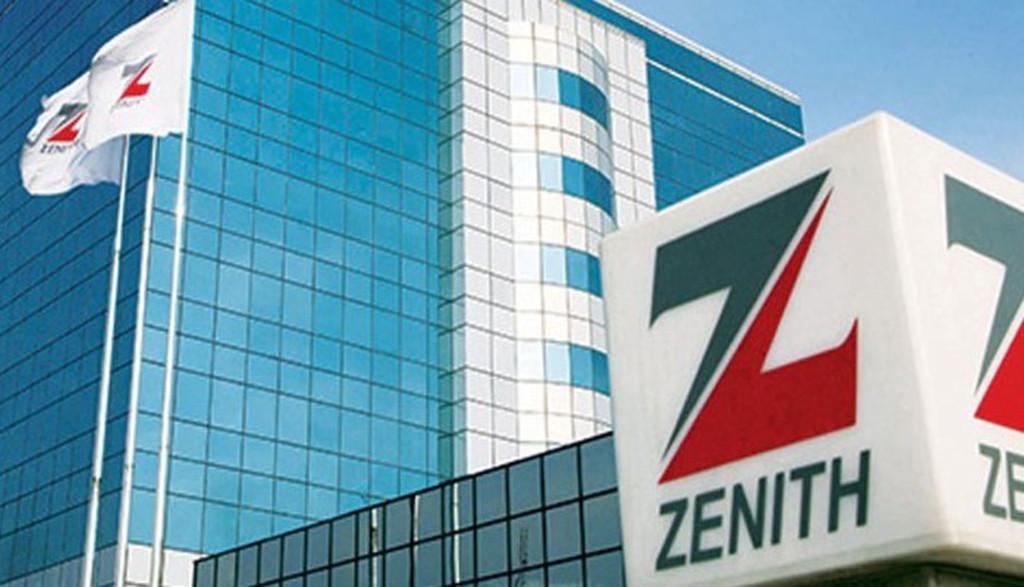Market Participants and Stakeholders Roundtable in Abuja, industry leaders and experts opposed the notion that altering the ownership structure of electricity Distribution Companies (Discos) would rectify Nigeria’s enduring power supply challenges.
Addressing the audience during the gathering of over 300 professionals at the Nigerian Electricity Supply Industry (NESI), Minister of Power, Mr Adebayo Adelabu, proposed selling gas-to-power in naira to mitigate the instability stemming from transactions conducted in dollars.
Join our WhatsApp ChannelHowever, stakeholders advocated for a shift towards implementing a cost-reflective tariff regime as the fundamental solution.
READ ALSO: Nigerian Govt Spends N171.3bn On 6-month Electricity Subsidy As DisCos Rake In N267.9bn
Professor Stephen Ogaji and Mr Bode Fadipe, in a communiqué following the event, highlighted critical concerns in the power sector. They pinpointed insufficient power generation, underutilization of generated power, stranded generation capacity, and transmission constraints among the key issues.
The discourse stressed that pricing gas in naira might deter domestic gas production and escalate gas prices until parity issues are resolved, ultimately burdening producers with currency exchange risks.
Additionally, the lack of effective contracts and debts from power off-takers loomed as significant challenges.
Participants underscored that the sale of assets in foreign exchange, without reinvestment into the business, had exacerbated problems like widespread metering deficiencies leading to electricity theft, inaccurate billing, and revenue losses for distribution companies.
Moreover, stakeholders flagged issues in the transmission network, citing outdated infrastructure and the absence of necessary components for efficient electricity distribution across the country.
However, the gathering agreed that merely changing ownership structures would not surmount the sector’s challenges. Instead, they advocated for funds tied to specific deliverables to propel the industry forward.
The communiqué emphasized the urgent need for a transition towards cleaner and sustainable energy sources, reducing dependency on fossil fuels to minimize environmental impact.
Furthermore, the stakeholders called for stronger institutions, independent regulations, and an effective contractual market to foster growth, attract investments, and ensure revenue sufficiency, all essential for the long-awaited transformation of the Nigerian power sector.
Emmanuel Ochayi is a journalist. He is a graduate of the University of Lagos, School of first choice and the nations pride. Emmanuel is keen on exploring writing angles in different areas, including Business, climate change, politics, Education, and others.












![Breaking: Tinubu Returns To Abuja After Europe Trip [Photos]](https://www.primebusiness.africa/wp-content/uploads/2025/04/Tinubu-returns-to-Abuja-Pohotos-2-150x150.jpeg)




Follow Us